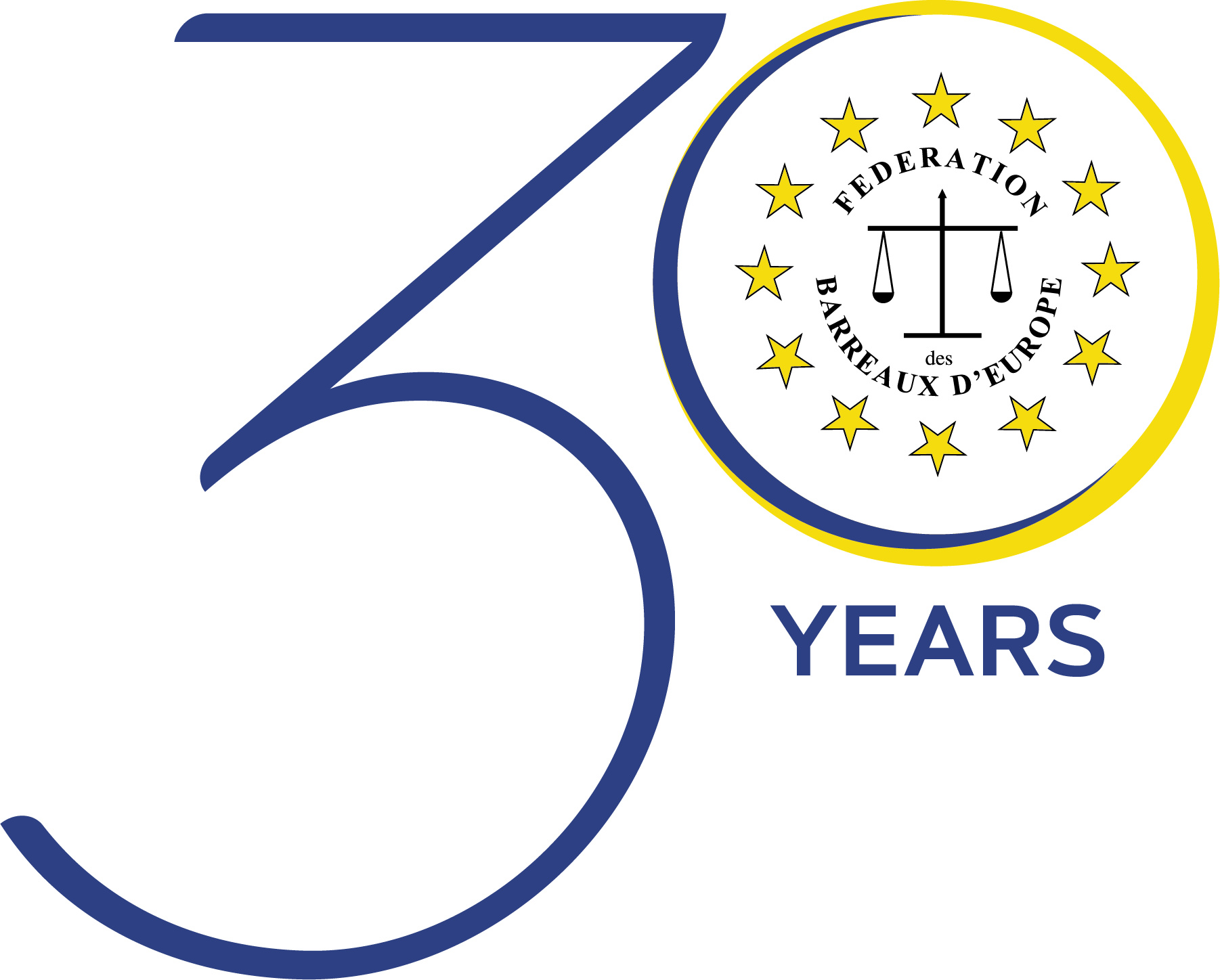On the Treatment of the Lawyer in the Legislation against money-laundering and the fundings of terrorism Foggia
1. In countries where the rule of law prevails, the State should guarantee access to law and justice for all individuals and legal entities.
2. There is no genuine access to law and justice without free recourse to independent lawyers which is protected by the State.
3. To play their role as suppliers and guarantors of genuine access to law and justice, independent lawyers need to be informed of all circumstances that might have an impact on their clients’ rights, obligations and legal position.
4. It is a fact that, without recourse to independent lawyers, no one can decide which circumstances are or might be relevant for the assessment of one’s rights, obligations and legal position.
5. This is the very reason why, in order to be fully informed of such circumstances, independent lawyers cannot rely only on information volunteered by their clients but have to ask questions and gather evidence which might touch upon their clients’ private or intimate sphere.
6. Clients tend to be reluctant to answer questions, give information and produce evidence, except to an independent layer and then only if such lawyer could genuinely assure and guarantee that all entrusted information and evidence shall and will be kept absolutely confidential in all circumstances.
7. There is no genuine access to law and justice unless the State protects and guarantees such confidentiality and draws appropriate consequences of any breach thereof.
8. Without such a protection and guarantee, the independent lawyers could not overcome their clients’ reluctance to divulge facts and evidence that the clients might consider or fear to be detrimental or self incriminating. 9. So as not to mislead the public and induce a reluctance to consult and confide in independent lawyers, it is vital for the States where the rule of laws prevails to give a clear and unequivocal message, i.e., in their specific and unique role as providers and guarantors of access to law and justice, independent lawyers are not allowed to divulge any information confided in them by their clients, unless authorised to do so.
10. In the absence of such a clear message, clients would be discouraged from seeking advice when considering transactions which might fall within those provisions.
11. For all the above reasons and to ensure that the rule of law survives, it is vital that the obligations imposed by the Directive and the member States’ legislation should only apply to independent lawyers when they are involved as financial intermediaries : otherwise access to law and justice will be seriously undermined. Therefore, the Directive and the member States’ legislation should aim at the activity of financial intermediary, even when undertaken by independent lawyers, not at the profession of independent lawyers.
12. To help distinguish clearly between an independent lawyer acting as a legal advisor or advocate and an independent lawyer who is involved as financial intermediary, the Directive and the member States’ legislation should include the following definitions and be amended accordingly :
Any activity of an independent member of the legal profession is deemed to constitute the exercise of that profession as soon as it touches upon the client’s access to law and justice.
Conversely, activity of a member of that profession is not deemed to fall within the exercise of the legal profession and might be considered as that of a financial intermediary if such activity does not touch upon the client’s access to law and justice.
13. The Directive and the member States’ legislation should also include a definition of the activity of a financial intermediary.
Foggia, 16th October 2004
